Ch22: 整潔的架構
整潔的架構
- 獨立於框架: 架構不依賴框架
- 可測性: 你的架構可以在沒有框架的情況下對所有使用者案例做到
單元測試。 - 獨立於 UI: webUI -> console UI (前後端分離)
- 獨立於資料庫: sql -> nosql
- 獨立於任何外部代理(external agency): 業務規則不應該知道 external interface。
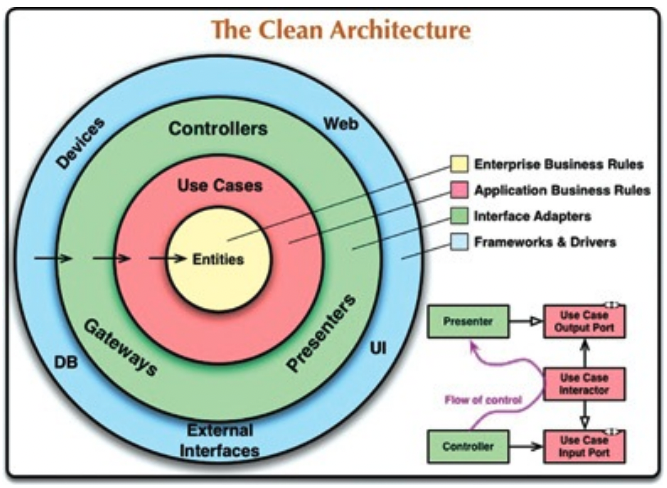
依賴規則
outer circle are mechanisms, inner circle are policies. Source code dependencies must point only inward, toward higher-level policies.
實體層 & 使用案例層
- 封裝業務規則所在
- 這裡的修正應該只和業務邏輯有關
- ex, payment 系統中修改 auth 為 OAuth 就不該改動到這裡
介面轉接層
- Controller(Param and ViewModel)
- Repository
框架和驅動層
- 由框架和工具組成,不應該有太多邏輯 -> 如果就是會有的話 micro service, ex AAA architecture
- 細節所在 => 外部的技術 ex.GRPC, AI 的 AlexNet
跨越邊界
- 依賴關係和控制流程是相反的
- 資料如何跨越邊界:以內圈內圈最方便的形式來作為資料傳遞的格式
Example
Controller 將資料打包(new)成一個簡單的物件 InputData,透過(implement) InputBoundary 將資料給 UseCaseInteractor
UseCaseInteractor 依照 use case 設計操作 Entities,操作的方式是使用 DataAccessInterface
UseCaseInteractor 處理完後將需要 return 的資料建成(new) OutputData,再透過(implement) OutputBoundary return 給 Presenter
然後我就看不太懂了Presenter 將 OutputData 重新打包(new)成 ViewModel
View 將 View model 描述的資料載入到螢幕
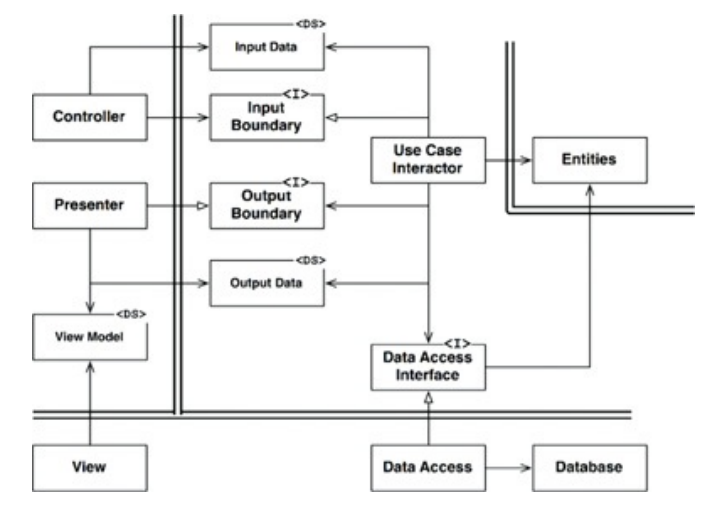
Data struct is basic 各層不需要擔心依賴他。
對內依賴實體,對外依賴 interface,Data struct 屬於內層。
My Example
我自己寫過的程式,雖然只是個 webapi 專案,非什麼大架構,但希望可以讓大家理解這些依賴
邊界切分
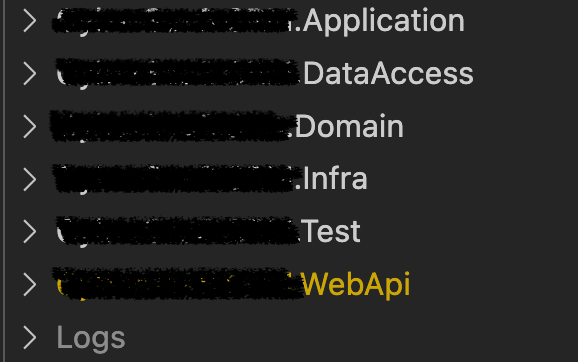
每一層都有 mapper 負責將 return mapping 成外層懂的樣子
實體層 & 使用案例層
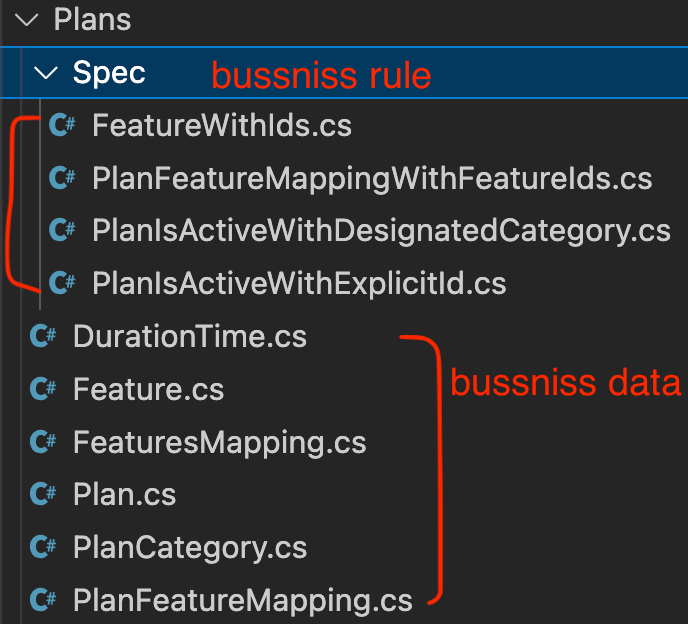
依賴關係
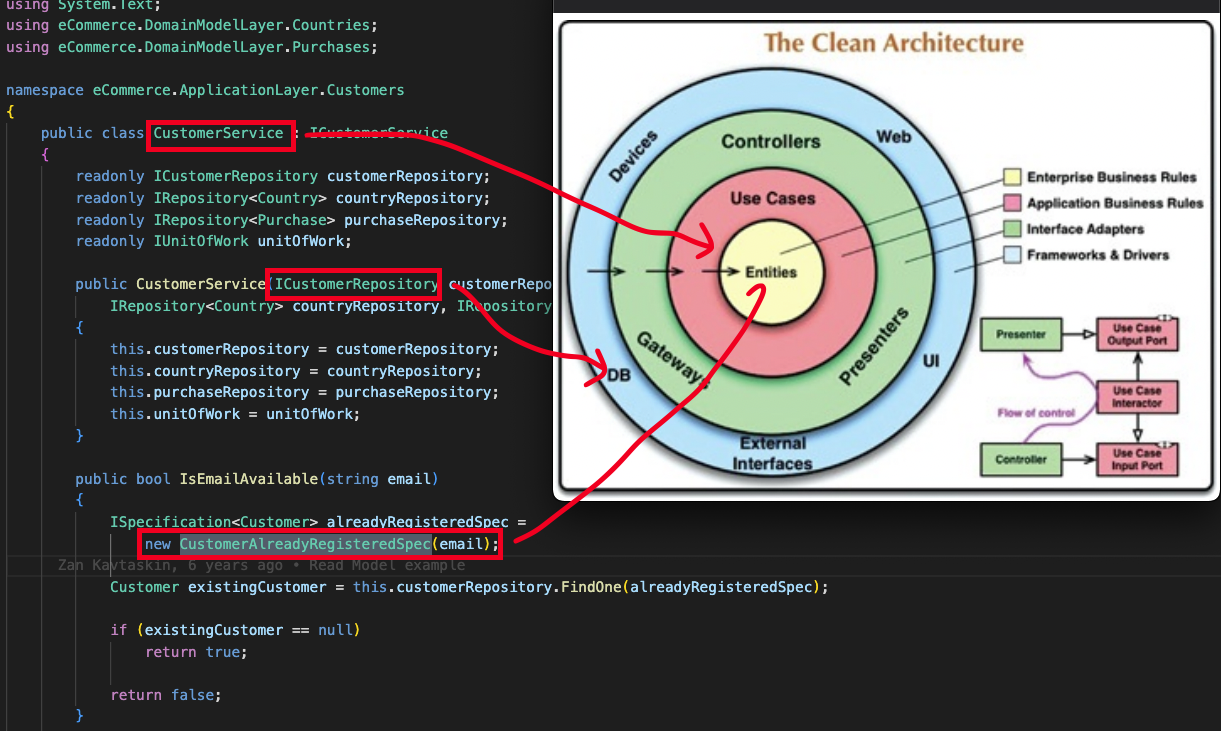
總結
- 這章雖然很抽象,但這規則實際上並不困難
- 遵守這些依賴的規則,應該要可以介紹一個可以測試 “本質” 的系統 ch22
單元測試
ref: https://github.com/zkavtaskin/Domain-Driven-Design-Example
bgm: Neptune By FOALS